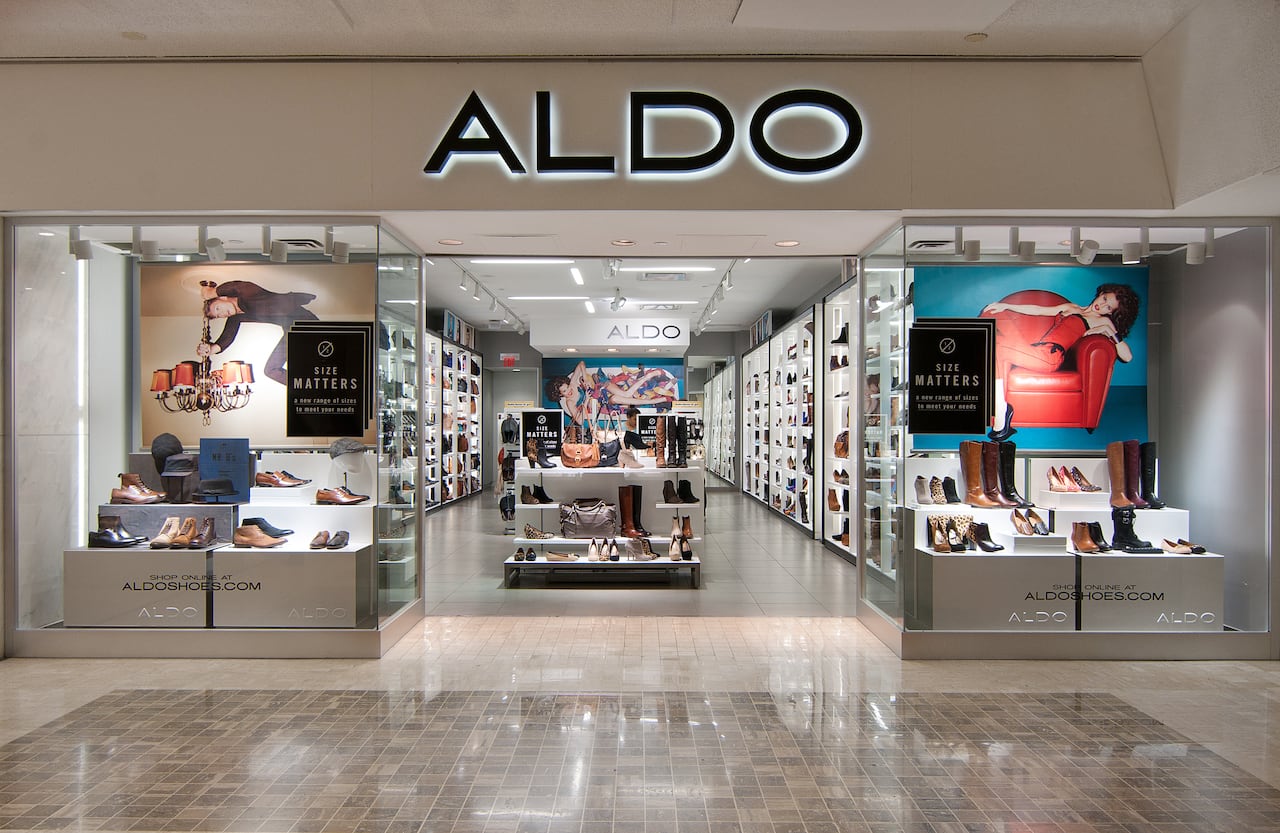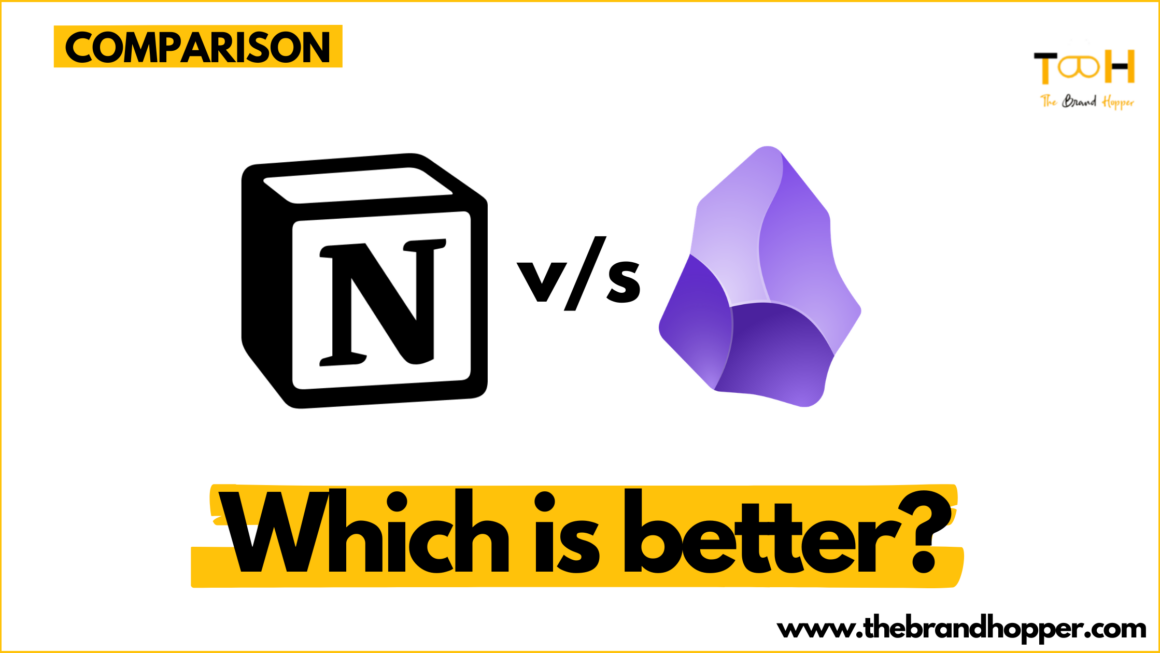Aldo is a multinational corporation that owns and operates a worldwide chain of shoe and accessories stores. The company was founded in Montreal, Quebec, Canada, in 1972 by Aldo Bensadoun. It has since grown to become a global leader in the fashion footwear and accessories industry, with nearly 3,000 stores in over 100 countries.
Established in the early 1970s, Aldo emerged from humble beginnings with a singular vision: to offer high-quality footwear and accessories that effortlessly blend cutting-edge design with unmatched comfort. From its inception, the brand’s commitment to craftsmanship and attention to detail set it apart from its competitors, quickly garnering a loyal following of fashion-forward enthusiasts.
At the core of Aldo’s success lies its unwavering dedication to staying ahead of the fashion curve. The brand’s design team, composed of visionary artists and trend experts, constantly seeks inspiration from global fashion capitals, art, culture, and the latest runway shows. This insatiable appetite for innovation allows Aldo to create collections that not only resonate with contemporary sensibilities but also anticipate the desires of tomorrow’s fashion-conscious clientele.
Aldo’s product range spans an impressive array of footwear, handbags, and accessories, catering to both men and women. Each piece reflects the brand’s signature fusion of timeless elegance and modern flair, ensuring that they become cherished staples in every fashion enthusiast’s wardrobe. Whether it’s the classic sophistication of their leather pumps, the edgy allure of their statement heels, or the versatility of their sleek sneakers, Aldo’s offerings seamlessly cater to diverse tastes and occasions.
As a global fashion icon, Aldo boasts a sprawling network of boutiques across the world, each one a manifestation of the brand’s aesthetic vision. From New York to Tokyo, from Paris to Dubai, stepping into an Aldo boutique is an immersive experience, where fashion aficionados can immerse themselves in a world of elegance and sophistication.
Website: ALDO
Marketing Strategies of Aldo
Aldo employs a comprehensive set of marketing strategies to maintain its position as a leader in the industry and to engage with its target audience effectively. These marketing strategies encompass a wide range of channels and tactics designed to promote the brand, drive sales, and foster customer loyalty. Let’s delve into the key marketing strategies employed by Aldo in detail:
Brand Identity and Positioning:
Aldo has meticulously crafted a strong brand identity and positioning. It positions itself as a high-quality, trendsetting, and accessible fashion brand for both men and women.
Here are tactics employed by Aldo to achieve these goals:
Consistent Visual Language Across All Touchpoints: Aldo maintains a consistent visual language across all touchpoints, including store design, product packaging, advertisements, and online presence. The use of clean lines, minimalist styling, and monochromatic color schemes reflects the brand’s modern and sophisticated image. This cohesive visual identity helps create a distinct and recognizable look that sets Aldo apart from competitors.
High-Quality Materials and Construction Techniques: Aldo emphasizes high-quality materials and construction techniques in its shoes and accessories. From leather and suede to stitching and soles, attention is paid to detail to ensure durability and longevity. This focus on craftsmanship positions Aldo as a luxury brand worth investing in and reinforces its commitment to delivering premium products.
Collaboration with Designers and Artists: Aldo partners with renowned fashion designers and artists to introduce exclusive collections and limited-edition items. These collaborations not only attract fashion influencers but also showcase Aldo’s ability to adapt to current trends while staying true to its core values. By aligning with industry leaders, Aldo gains credibility and elevates its reputation as a forward-thinking brand.
Aldo leverages various strategies to establish a strong brand identity and position itself as a premium footwear and accessory brand. Its consistent visual language, focus on quality, collaboration with top designers, engagement with social media communities, and exclusive membership programs contribute to its success in connecting with customers and differentiating itself from competitors
Product Design and Innovation:
A cornerstone of Aldo’s marketing strategy is its continuous focus on product design and innovation. The brand’s design team closely monitors emerging fashion trends, runway shows, and customer preferences to create collections that are not only fashionable but also resonate with consumers’ desires.
Product Design:
Aldo focuses on sleek, minimalist designs that convey sophistication and elegance. Their footwear and accessories often feature clean lines, simple shapes, and premium materials like leather, suede, and metallic accents. The color palette tends towards neutral tones like black, white, brown, and gray, which creates versatile styles suitable for different occasions and fashion sensibilities.
Product Innovation:
To stay competitive in the fast-paced world of fashion retail, Aldo continuously updates its collections with trend-forward designs and cutting-edge technologies. Recent developments include:
- 3D knit technology: Utilizing advanced knitting machines, Aldo produces lightweight shoes with intricate patterns and seamless construction for improved comfort and breathability.
- Biodegradable soles: Aldo offers eco-friendly options featuring biodegradable rubber compounds that break down naturally over time, reducing environmental waste.
- Smart shoe technology: Partnering with tech companies, Aldo integrates smart features into select shoes, such as fit tracking, step counting, and heating/cooling elements controlled by mobile apps.
By combining thoughtfully designed products with forward-thinking innovations, Aldo positions itself as a leader in contemporary footwear and accessories. Consumers appreciate the brand’s commitment to style, sustainability, and functionality, making them loyal customers and advocates for the brand.
Multi-Channel Retailing:
Aldo employs this strategy effectively by maintaining a strong presence across various channels and providing customers with seamless shopping experiences regardless of where they choose to interact with the brand.
Here are some ways Aldo executes multi-channel retailing as a marketing strategy:
Omnichannel Shopping Experience: Aldo creates a consistent omnichannel experience for customers by integrating its brick-and-mortar stores with its e-commerce platform. Customers can browse items online, reserve them for pickup in store, or purchase directly through the website. This enables customers to shop whenever and wherever they want without any hindrances.
Mobile Optimization: Aldo optimizes its website and app for mobile devices, allowing customers to easily navigate and complete transactions using smartphones or tablets. This makes it convenient for customers to shop on the go or during spare moments throughout the day.
Social Media Presence: Aldo maintains active profiles on popular social media platforms like Facebook, Twitter, Instagram, and Pinterest. It regularly shares updates, promotional offers, and user-generated content to keep customers engaged and informed about the latest happenings at the brand.
Loyalty Programs: Aldo offers loyalty programs tailored to different customer segments, rewarding repeat purchases and encouraging continued patronage. These programs help retain existing customers and encourage referrals among friends and family members.
Personalized Communication: Aldo communicates with customers via email newsletters, text messages, push notifications, and direct mail. These targeted communication channels allow the brand to stay top of mind and offer relevant deals and discounts based on individual preferences.
Influencer Marketing:
Aldo leverages influencer marketing by forming partnerships with celebrities, social media personalities, and microinfluencers to showcase its products. This allows the brand to tap into the influencers’ large followings and create buzz around its products. Additionally, Aldo invites influencers to attend private events and gifting suites, giving them free merchandise and creating opportunities for organic promotion.
One example of Aldo’s successful use of influencer marketing was its collaboration with Canadian singer Alessia Cara. Aldo created a custom shoe line designed by Cara herself, which she promoted on her Instagram account. The campaign generated significant attention and helped increase sales for the brand.

Another way Aldo utilizes influencer marketing is through its #AldoWalkOfFame program. This initiative recognizes exceptional individuals who have made a difference in their respective fields and features them wearing Aldo shoes. This not only highlights the brand but also celebrates achievements outside of the fashion industry.
To ensure authenticity in its influencer marketing efforts, Aldo chooses ambassadors who genuinely love the brand and its products. For instance, Aldo selected model Winnie Harlow as one of its brand ambassadors due to her natural affinity for the brand and her influence within the fashion industry.
Lastly, Aldo supports several charitable causes such as breast cancer research and prevention, animal rescue groups, and environmental conservation organizations. By aligning itself with worthy causes, Aldo fosters a positive image while supporting important issues.
In conclusion, Aldo excels at implementing influencer marketing because it prioritizes authenticity, creativity, and measurable results. Its commitment to partnering with the right influencers, offering memorable experiences, telling powerful stories, and embracing data-driven decision making sets it apart in the competitive world of retail marketing.
Seasonal Campaigns and Events:
Seasonal campaigns and events play a significant role in Aldo’s marketing efforts. The company often introduces limited edition collections or special releases aligned with specific seasons or holidays. These initiatives create buzz and excitement among customers, driving sales and increasing brand awareness.
Aldo capitalizes on key calendar dates such as Black Friday, Cyber Monday, and end-of-season clearance sales to promote its products. During these times, the brand may release exclusive styles or run flash sales to entice shoppers to make impulse purchases. Additionally, Aldo frequently hosts pop-up events or collaborative projects with artists or designers to further enhance its reputation as a fashion authority.
The use of seasonal campaigns and events allows Aldo to remain agile and adaptable in today’s fast-paced retail environment. By responding quickly to trends and consumer demand, the brand stays ahead of the competition and remains relevant to its target demographic. Furthermore, these campaigns provide opportunities for Aldo to showcase its versatility and ability to cater to diverse tastes and preferences.
To execute successful seasonal campaigns and events, Aldo relies heavily on effective planning and coordination across all aspects of its business operations. From supply chain management to inventory control to logistics and distribution, every aspect must be carefully orchestrated to ensure smooth execution and maximum impact.
Ultimately, seasonal campaigns and events serve as a crucial component of Aldo’s broader marketing strategy. They enable the brand to connect with customers on a deeper level, fostering emotional attachments and creating lasting memories associated with the Aldo name. As such, these campaigns will likely continue playing a vital role in Aldo’s future marketing endeavors.
Through the amalgamation of these marketing strategies, Aldo has successfully established itself as a global fashion powerhouse, capturing the hearts of millions of fashion enthusiasts worldwide and maintaining a strong competitive advantage in the ever-evolving fashion industry.
Marketing Mix of Aldo
The marketing mix, also known as the 4Ps (Product, Price, Place, and Promotion), is a fundamental framework used by businesses to plan and execute their marketing strategies. Let’s explore how Aldo, as a leading global fashion brand, utilizes the marketing mix to promote its products and maintain its market position:
Product:
Aldo’s product strategy is centered around offering a wide and diverse range of footwear, handbags, and accessories that cater to various customer preferences and style choices. The brand’s product offerings include:
Footwear: Aldo’s footwear collection covers a vast array of styles, ranging from casual and everyday wear to formal and special occasion shoes. This includes sandals, sneakers, heels, flats, boots, and more. The brand pays great attention to the quality of materials, comfort, and durability of its shoes.
Handbags: Aldo’s handbag collection complements its footwear range, featuring various styles such as totes, crossbody bags, clutches, and backpacks. These bags are designed to be fashionable yet functional, appealing to different occasions and lifestyles.
Accessories: Aldo also offers a selection of accessories, including belts, scarves, hats, and jewelry, which allow customers to complete their looks and express their personal style.
Aldo’s product design and development process are driven by a team of creative experts who stay attuned to emerging fashion trends, customer feedback, and insights from global fashion events. The brand aims to strike a balance between timeless elegance and trendy designs, ensuring that its products remain relevant and appealing to a wide range of customers.
Price:
Aldo adopts a pricing strategy that reflects the perceived value of its products. The brand positions itself as offering premium-quality, stylish footwear and accessories that are worth the investment. While Aldo’s prices may be higher than some mass-market competitors, the brand justifies the cost by emphasizing the quality of materials, craftsmanship, and design.
To attract price-conscious customers and drive sales, Aldo frequently introduces seasonal sales, promotions, and discounts. Special occasions like Black Friday, Cyber Monday, and festive seasons often see attractive offers, encouraging customers to make purchases during these periods. The brand’s loyalty program, known as “ALDO Crew,” rewards customers with points for every purchase, which can be redeemed for discounts and exclusive perks.
Place:
Aldo’s distribution strategy involves a multi-channel approach to maximize its product reach and accessibility. The brand utilizes the following distribution channels:
Brick-and-Mortar Stores: Aldo operates a global network of physical stores in prime locations, often found in major shopping districts and malls. The stores provide customers with a tactile shopping experience, allowing them to try on shoes and accessories before making a purchase. Aldo’s store design reflects its brand identity, creating an inviting and stylish ambiance.
E-commerce Website: Aldo has a robust e-commerce website that serves as its online store. The website is designed for easy navigation, product browsing, and secure online transactions. Customers can shop online and have their purchases delivered to their doorstep, making it convenient for those who prefer to shop from home.
Partner Retailers: Aldo products are also available through select department stores and partner retailers. Partnering with other retailers allows the brand to reach new customer segments and expand its product visibility.
Mobile Apps: Aldo has mobile apps for both iOS and Android platforms, providing an optimized shopping experience for customers on their mobile devices.
By utilizing a multi-channel distribution approach, Aldo ensures that its products are readily available to customers, regardless of their preferred shopping method.
Promotion:
Aldo employs a diverse range of promotional strategies to create brand awareness, engage with customers, and drive sales:
Advertising: Aldo invests in advertising across various media channels, including print, television, and online platforms. The brand’s advertisements showcase its latest collections, highlight key products, and evoke emotions that resonate with the target audience. Aldo often collaborates with renowned photographers and models to create captivating visuals for its campaigns.
Social Media Marketing: Aldo maintains an active presence on popular social media platforms like Instagram, Facebook, Twitter, and Pinterest. The brand shares visually appealing content, including product images, fashion inspiration, style tips, and behind-the-scenes glimpses. Aldo also engages with followers through interactive content, polls, and Q&A sessions.
Influencer Collaborations: Aldo collaborates with fashion influencers, celebrities, and content creators to amplify its reach and connect with new audiences. Influencers often feature Aldo’s products in their posts and stories, creating a sense of aspiration and prompting followers to explore the brand.
Public Relations: Aldo participates in major fashion events, fashion weeks, and other industry gatherings. The brand’s involvement in such events generates media coverage and enhances its reputation as a trendsetting fashion brand.
Email Marketing: Aldo employs personalized email marketing to communicate directly with its customers. The brand sends targeted emails with product recommendations, exclusive offers, and updates on new collections, thereby nurturing customer loyalty.
Seasonal Campaigns: Aldo launches seasonal marketing campaigns during key fashion seasons to capitalize on consumer trends and create excitement around its latest collections. These campaigns often feature cohesive storytelling and visuals that reinforce the brand’s image.
Through an integrated and cohesive promotional approach, Aldo consistently maintains its brand presence, engages with its audience, and drives sales across its various channels.
Also Read: Marketing Strategies and Marketing Mix of Chopard
To read more content like this, subscribe to our newsletter




